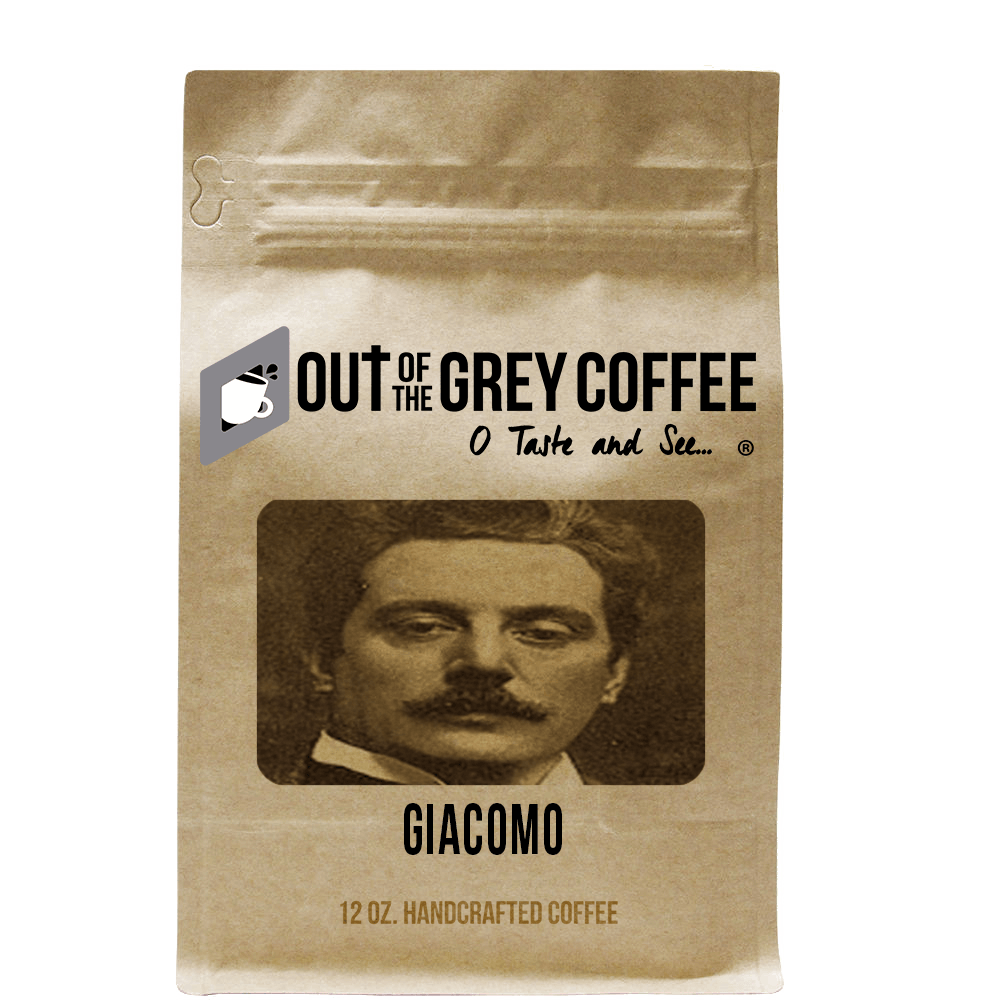

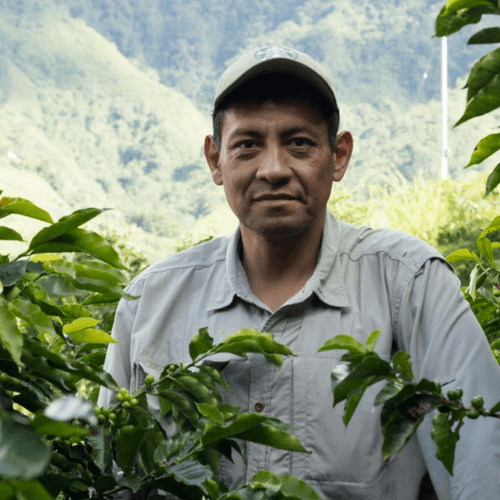
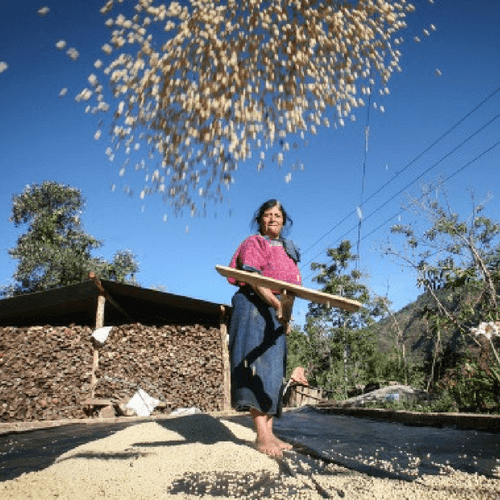
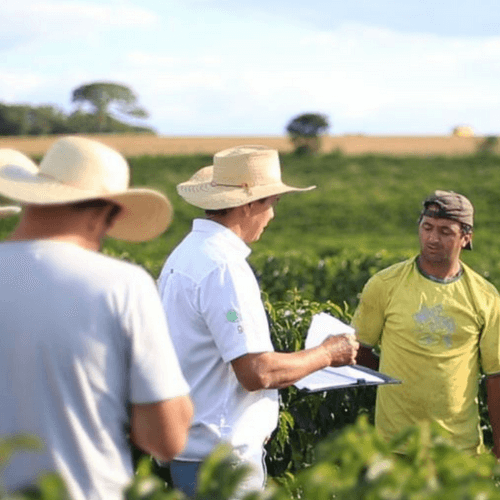
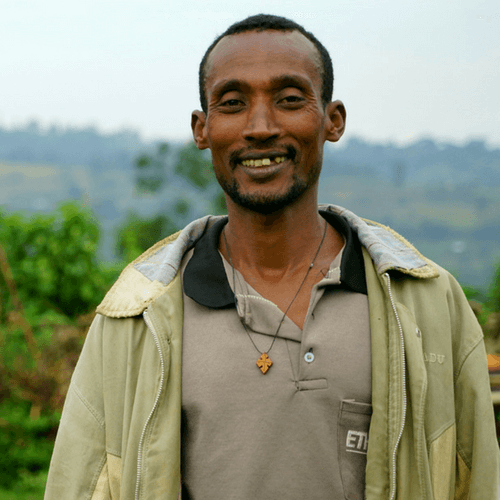
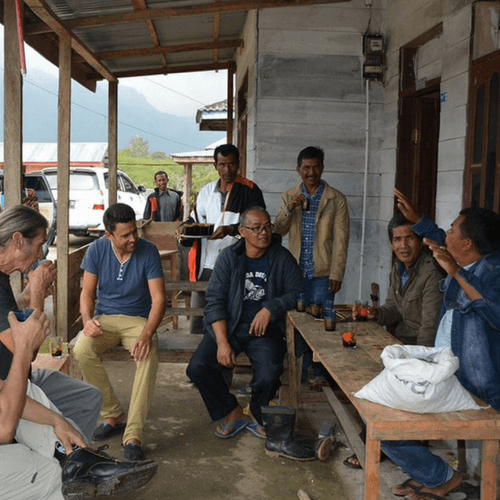
Giacomo - Coffee Blend
$22.99 - $23.48
(Guatemalan / Santos / Colombian / Ethiopian Harrar / Sumatra)
Smooth and bold mouthfeel, sweet pipe tobacco, caramelized sugar and toffee notes, balanced.
Industry Review: The Coffee Attendant
Guatemala is Central America’s largest country and it has one of the largest indigenous populations in all Latin America. Known as the country of the “eternal spring” and also as the “soul of the earth”, the 23 Maya groups that spread throughout the country contribute to the rich, colorful culture of this amazing land. Guatemala originally comes from the Nahuatl language Quauhtemalan which means “place of many trees”. When the Spanish tried to pronounce the local name, it derived into the present name, Guatemala. Locals refer to their country dearly as “Guate.”
Brazil is not only the world’s largest coffee producer, it is also the most complex. It turns out everything from mass produced coffees that rank among the world’s cheapest to elegant coffees prized as the world’s finest origins for espresso brewing. In Brazil, fruit is removed from the bean using four different processing methods, and it is not uncommon for all four methods to be used on the same farm during the same harvest.
Colombia is a country with a colorful and vibrant, rich culture. From the hot arepas (tortillas sold on the street), to the cumbia and salsa music, there is always something to see. The essence of Colombia can be found in its coffee or “tinto”, the term locals use for a cup of black coffee. The country is among the world’s top 3 producers of coffee. The coffee is produced in 18 coffee regions that are spread throughout dramatic landscapes in most of its territory. Colombia is crossed by the Andes Mountains and sprinkled with diverse microclimates and other geographic conditions that allow for distinct coffee flavors and profiles from region to region.
The Oromia Coffee Farmers’ Co-operative Union was founded in 1999 by 35 small certified organic cooperatives. Its members are indigenous farmers located in the vast Oromia State of southern and southwest Ethiopia which produces 65% of the country’s coffee. The farms are located in mountainous, rainforest areas at altitudes of 1,500 to 2,000 meters where electricity and running water are rare.
Ratu Ketiara Gayo (RKG) is the Ketiara group’s newest business unit: a women’s cooperative established in 2017 and co-lead by three of Ms. Rahmah’s young protégés: Ms. Indayana as chairwoman; Ms. Dini as quality control; and Ms. Murul Kemala as treasurer. RKG represents a younger generation of farmers, 971 in total, 80% of whom are women, and all of whom are focused on top quality. Together RKG members farm a total of 1,234 hectares of coffee.
Roast: Medium Dark to Dark Japanese Roast
12 oz. Handcrafted Coffee

